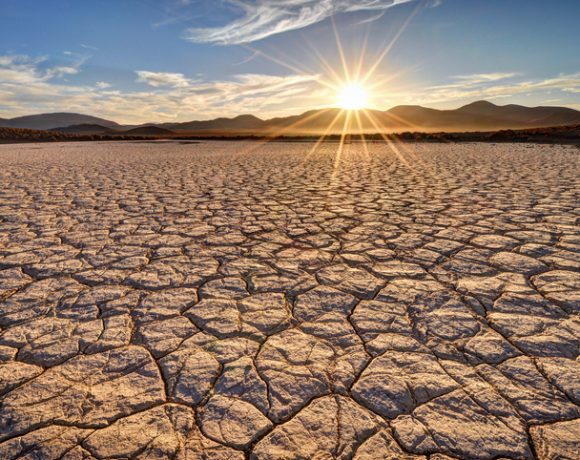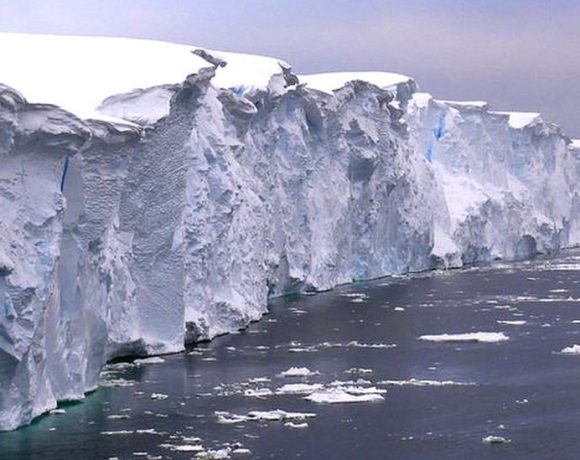
Even though Lithuania has just heard the pitter-patter of rain, the country is still suffering from a severe drought.
In certain areas of the country, the earth has turned to ash, while toxic dust has blown through the streets of Vilnius, the capital.
The grass is a burned golden colour, and some of the trees’ leaves are beginning to turn brown.
Many find it unsettling.
The small Baltic nation’s Farmers’ Union already projects that up to a third of its crops may fail, and summer has just begun.
With officials this week barring trips to several woods owing to fire concerns, many more months of intense heat might yet be ahead.
A component of this intricate and varied environmental issue is low precipitation.
Only a few times have there been raindrops since April, with the most recent one occurring in the middle of May, according to Gytis Valaika of the Lithuanian Hydrometeorological Service.
She notes that whereas May rainfall generally measures 53mm, this year it barely registered 16mm (in some locations less than 10mm).
According to Gabija Tamulaityt, an environmental specialist at the Baltic Environmental Forum Lithuania, many farmers lack irrigation systems in their fields since they are typically not required, making them particularly sensitive to excessive heat.
The worst scenario is in western Lithuania, where cattle and arable cultivation have long been practised. Since early May, this region has been experiencing drought.
Picture Courtesy: Google/images are subject to copyright

